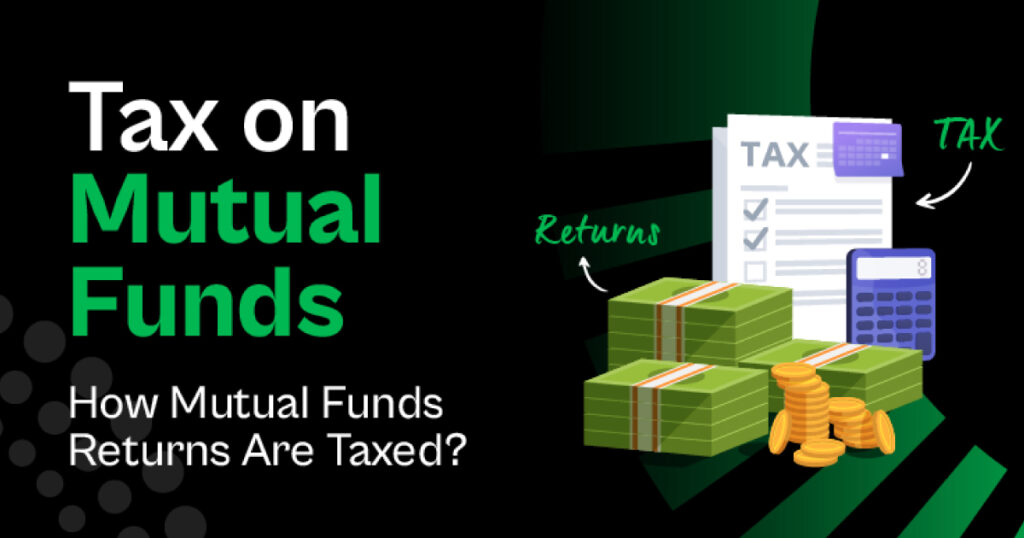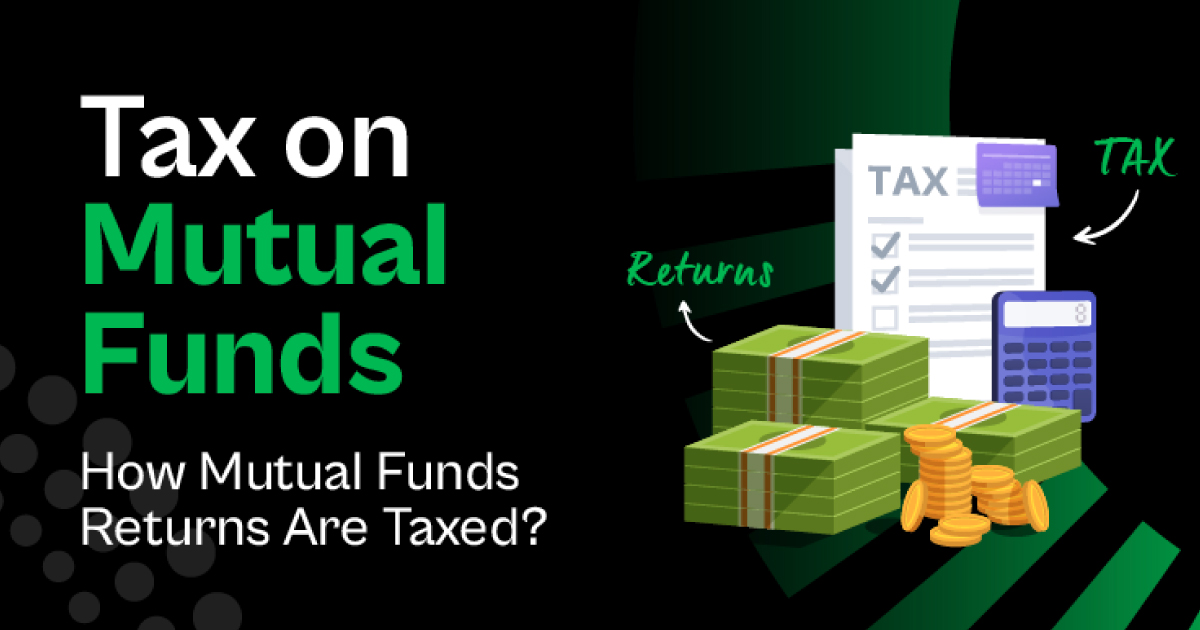Understanding Section 10(43) of the Income Tax Act: Tax Exemption for Reverse Mortgage
What is Section 10(43)?
Section 10(43) of the Income Tax Act provides a significant tax exemption for individuals, especially senior citizens, who opt for a reverse mortgage. This section exempts any amount received as a loan, either in a lump sum or in installments, under a reverse mortgage arrangement from being taxed.
What is a Reverse Mortgage?
A reverse mortgage is a financial tool designed to help senior citizens unlock the value of their residential property without having to sell it. In this arrangement, a homeowner pledges their property to a lender in exchange for regular payments. The homeowner continues to live in the house, and the loan is repaid when the property is sold, usually upon the homeowner’s death or permanent relocation.
Exemption Details under Section 10(43)
Exemption Clause: Under Section 10(43), any amount received by an individual as a loan, either in lump sum or in installments, in a transaction of reverse mortgage referred to in clause (xvi) of section 47, is exempt from income tax.
Clause (xvi) of Section 47
Transaction Not Regarded as Transfer:
Clause (xvi) of Section 47 clarifies that any transfer of a capital asset in a reverse mortgage transaction, as per a scheme notified by the Central Government, is not considered a transfer. This means the act of mortgaging the property does not attract capital gains tax at the time of the transaction.
Benefits of Section 10(43) Exemption
Financial Relief for Senior Citizens:
Senior citizens can access regular payments or a lump sum amount from their property without selling it, providing them with financial stability in their retirement years.
No Immediate Tax Liability:
The exemption ensures that the amounts received under a reverse mortgage are not subject to income tax, allowing individuals to utilize the funds fully for their needs.
Capital Gains Tax Deferred:
Since the reverse mortgage is not considered a transfer, there is no capital gains tax at the time of the mortgage. Tax implications typically arise only when the property is sold to recover the loan amount.

Additional Insights
1. Understanding Reverse Mortgage Schemes:
The Central Government has notified specific schemes under which reverse mortgage transactions can be undertaken. It is important for individuals to ensure that their reverse mortgage arrangement complies with these schemes to avail the tax exemption.
2. Loan Disbursement Options:
Reverse mortgages offer flexibility in how the loan is disbursed. Borrowers can choose to receive the loan amount as a lump sum, regular monthly payments, or a line of credit that can be drawn upon as needed.
3. Estate Planning Considerations:
While a reverse mortgage can provide financial security during one’s lifetime, it is essential to consider its impact on estate planning. The property will eventually need to be sold to repay the loan, which may affect the inheritance for the heirs.
4. Eligibility Criteria:
Typically, reverse mortgages are available to homeowners aged 60 and above. The property must be the primary residence and should meet certain criteria regarding its condition and value.
5. Impact on Government Benefits:
Proceeds from a reverse mortgage are not considered income, so they generally do not affect government benefits such as Social Security or Medicare. However, it is advisable to consult with a financial advisor to understand the full implications.
Relevant Case Laws
Case Law 1: V.S. Krishnaswamy vs. Income Tax Officer
In this case, it was ruled that amounts received under a reverse mortgage arrangement are exempt from tax under Section 10(43), providing financial relief to the senior citizen involved.
Case Law 2: Mrs. Meera Shah vs. Commissioner of Income Tax
The tribunal upheld that the transaction of reverse mortgage does not constitute a transfer under Section 47(xvi), ensuring no capital gains tax is levied at the time of the agreement.
Practical Implications
For senior citizens, reverse mortgage schemes offer a viable solution to convert the equity of their home into cash flow without having to sell their residence. The tax exemption under Section 10(43) makes this option even more attractive by ensuring that the proceeds are not subject to immediate taxation.
FAQ
1. Who can benefit from the tax exemption under Section 10(43)?
Senior citizens who opt for a reverse mortgage can benefit from the tax exemption under Section 10(43) of the Income Tax Act.
2. What is a reverse mortgage?
A reverse mortgage is a financial arrangement where a homeowner pledges their property to a lender in exchange for regular payments while continuing to live in the house.
3. Are the amounts received under a reverse mortgage taxable?
No, the amounts received under a reverse mortgage are exempt from income tax under Section 10(43).
4. Is the transfer of property in a reverse mortgage considered a capital asset transfer?
No, according to Clause (xvi) of Section 47, the transfer of property in a reverse mortgage is not considered a transfer for the purposes of capital gains tax.
5. When is the loan amount under a reverse mortgage repaid?
The loan amount under a reverse mortgage is typically repaid when the property is sold, usually upon the homeowner’s death or permanent relocation.
6. What are the eligibility criteria for a reverse mortgage?
Generally, reverse mortgages are available to homeowners aged 60 and above. The property must be the primary residence and should meet certain criteria regarding its condition and value.
7. How can reverse mortgage proceeds impact estate planning?
The property will eventually need to be sold to repay the loan, which may affect the inheritance for the heirs. It is essential to consider this aspect while planning one’s estate.
8. Do reverse mortgage proceeds affect government benefits?
Proceeds from a reverse mortgage are not considered income, so they generally do not affect government benefits such as Social Security or Medicare. However, consulting a financial advisor is recommended to understand the full implications.
Conclusion
Section 10(43) of the Income Tax Act provides a crucial tax exemption for senior citizens opting for a reverse mortgage. By understanding and utilizing this exemption, senior citizens can unlock the value of their property, ensuring financial stability without the immediate burden of tax liabilities. This provision, along with the supportive legal framework under Clause (xvi) of Section 47, offers a practical and tax-efficient solution for managing retirement finances.
For more detailed information on tax exemptions and financial planning, visit SmartTaxSaver.com.


Leave a Reply